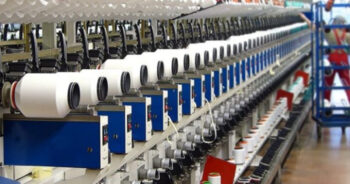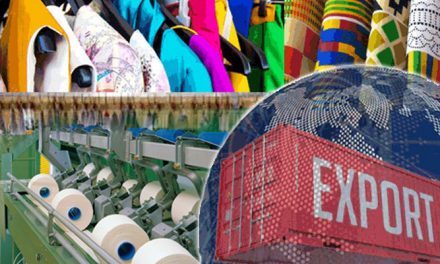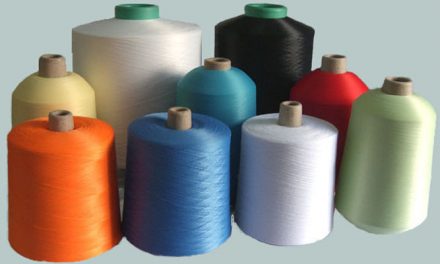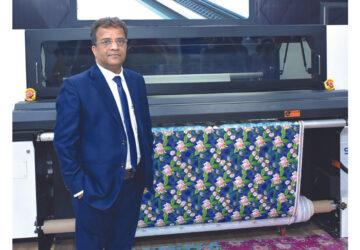 Gujarat’s textile policy is expected to be delayed, as the state can only announce the policy after the general election in April and May this year. The state is facing stiff competition from neighbouring States like Maharashtra and Madhya Pradesh, as they are enticing Gujarat-based textile companies for investment by offering higher incentives and subsidies. Various industry organisations have presented their demands in a meeting with the State Government authorities recently.
Gujarat’s textile policy is expected to be delayed, as the state can only announce the policy after the general election in April and May this year. The state is facing stiff competition from neighbouring States like Maharashtra and Madhya Pradesh, as they are enticing Gujarat-based textile companies for investment by offering higher incentives and subsidies. Various industry organisations have presented their demands in a meeting with the State Government authorities recently.
State authorities held a meeting last week with 20 representatives of various industry organisations at Udyog Bhavan in Gandhinagar. The state’s old textile policy, which was introduced in 2019, expired on December 31, 2023. The industry organisations were demanding that the policy be introduced before the Lok Sabha elections, as the government would not be able to announce the policy due to the implementation of the model code of conduct (MCC). However, the policy was delayed, and the MCC came into effect with the announcement of the schedule for the general election by the Central Election Commission.
More attractive policies from the neighbouring states of Madhya Pradesh and Maharashtra brought the issue to the forefront. According to industry sources, industrialists based in Gujarat, and more specifically Surat-based companies, have made significant investments in other states in their expansion plans.
The industry representatives demanded an interest subsidy of 6 per cent so the actual rate of interest comes down to 2 per cent. They also demand power tariff reimbursement of Rs. 3 per unit for low tension power connections and Rs. 2 per unit for high tension power connections. These incentives will enhance the long-term viability of textile units. They also urged the removal of caps on subsidy amounts to ensure equitable benefits across the sectors.
Ashish Gujarat, former President of the South Gujarat Chamber of Commerce and Industry (SGCCI), told, “Due to various attractive schemes in the textile policy of Maharashtra, several textile units have relocated to neighbouring states.”
Industry sources pointed out that subsidies for capital, power, loan at lower interest rates, and benefits related to renewable energy were key factors for industries from Gujarat to plan new projects in other states. Gujarati mentioned that even with lesser incentives compared to other states, investors would prefer Gujarat because of better infrastructure. However, the state government should attract industries with higher incentives.
But the industries will have to wait for the next few months, as the Gujarat government cannot introduce the policy during the general election. It is believed that the state government will finalise its final draft of the textile policy after discussions with industry representatives. The state authorities will have to conduct inter-ministerial consultations before finalising the draft.
 Gujarat’s textile policy is expected to be delayed, as the state can only announce the policy after the general election in April and May this year. The state is facing stiff competition from neighbouring States like Maharashtra and Madhya Pradesh, as they are enticing Gujarat-based textile companies for investment by offering higher incentives and subsidies. Various industry organisations have presented their demands in a meeting with the State Government authorities recently.
Gujarat’s textile policy is expected to be delayed, as the state can only announce the policy after the general election in April and May this year. The state is facing stiff competition from neighbouring States like Maharashtra and Madhya Pradesh, as they are enticing Gujarat-based textile companies for investment by offering higher incentives and subsidies. Various industry organisations have presented their demands in a meeting with the State Government authorities recently.

















